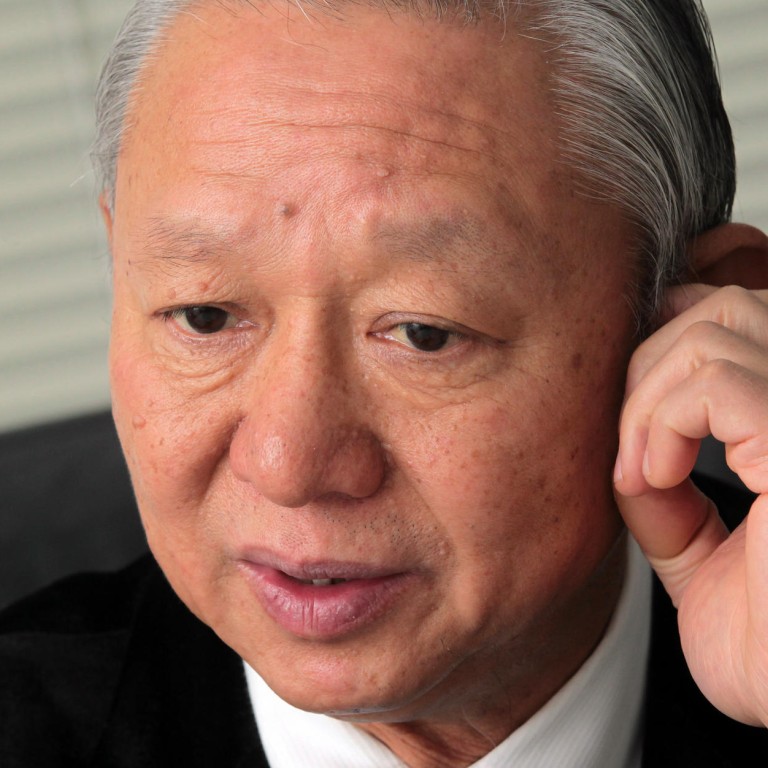
Ambrose Lee issues call to open PLA and foreign service to Hongkongers
Former Hong Kong security minister Ambrose Lee Siu-kwong called on the central government yesterday to consider creating paths for the city's youth to pursue careers in the country's armed forces and diplomatic corps.
Former Hong Kong security minister Ambrose Lee Siu-kwong has added the military and foreign service to the government sectors that he believes should be opened to young Hongkongers.
Lee, a local deputy to the National People's Congress, called on the central government yesterday to consider creating paths for the city's youth to pursue careers in the country's armed forces and diplomatic corps.

The Basic Law gives the central government responsibility for Hong Kong's defence and foreign relations.
Lee was expanding on remarks he made earlier this week in which he argued for letting Hongkongers join the civil service on the mainland. Doing so would foster "a sense of involvement in national affairs", he said.
The suggestion comes amid simmering anti-mainland sentiment in Hong Kong, including a high-profile protest against mainland tourists and pro-independence activists who trespassed at the People's Liberation Army barracks in Admiralty.
Lee said his suggestion had nothing to do with such incidents, which he said represented the views of "a small group of people".
"It is a completely different matter from the break-in at the PLA barracks. It is also independent from the 'anti-locust' protest in Tsim Sha Tsui, something I completely disapprove of and cannot make sense of," Lee said.
He called for more cross-border co-operation in evaluating Hong Kong's capacity to receive mainland tourists, but cautioned people against casting judgment on all mainlanders based on "a couple of uncivilised Mandarin-speaking MTR passengers".
Lee also told reporters that he regretted his failure to secure passage of legislation under Article 23 of the Basic Law to ban treason, secession, sedition and subversion against the central government.
"It was a pity I did not complete the national security legislation during my nine-year tenure as security minister," Lee said.
His predecessor, Regina Ip Lau Suk-yee, stepped down after half a million people marched against the proposal on July 1, 2003, and forced the government to shelve it indefinitely.
Lee's fellow congress deputy, Peter Wong Man-kong, has recently called for reviving the legislation, but Lee stopped short of saying when it should be brought forward.
"All sides should stay calm and complete the local legislation process, which is required by the Basic Law," Le said.
He said the controversial proposal should not be connected to the passage of universal suffrage or the Occupy Central democracy movement.
"There is no necessary relationship between Occupy Central and Article 23," Lee said. "[The former] will happen anyway, as there must be some who do not agree with the reform proposal. Regardless, we do not need help from the PLA in handling the protest - Hong Kong police are experienced and well-prepared enough for this kind of movement."
